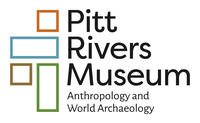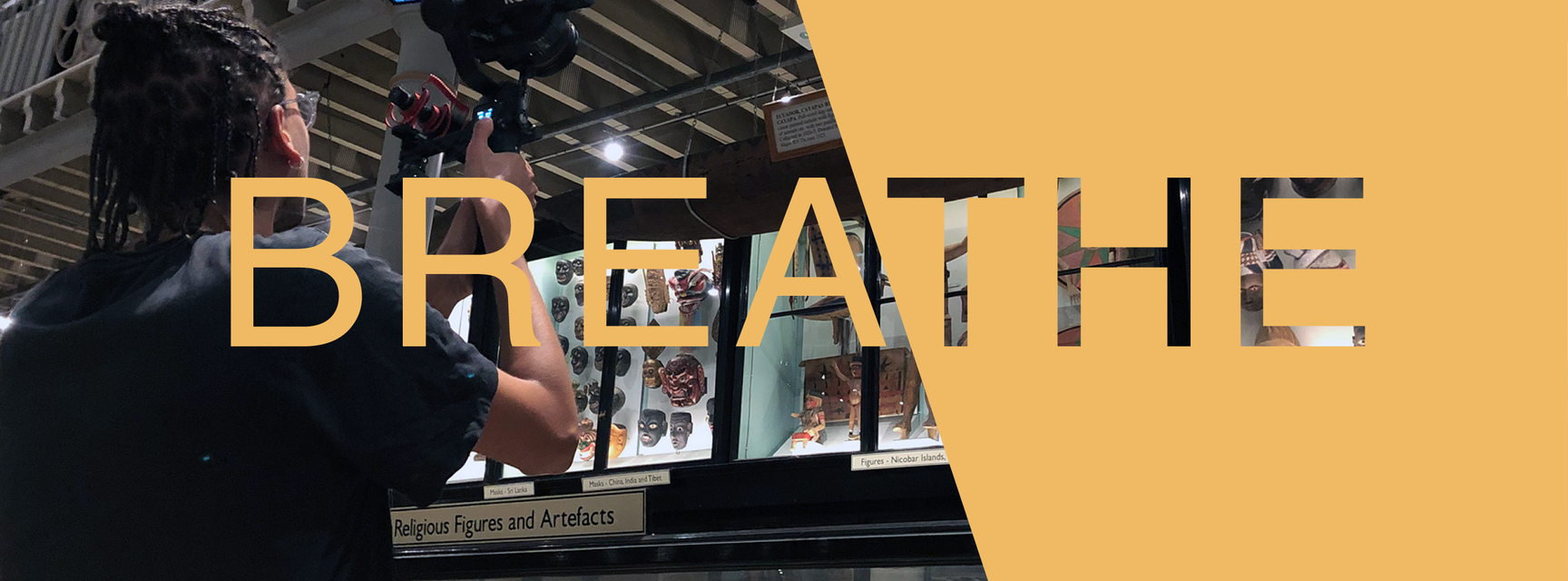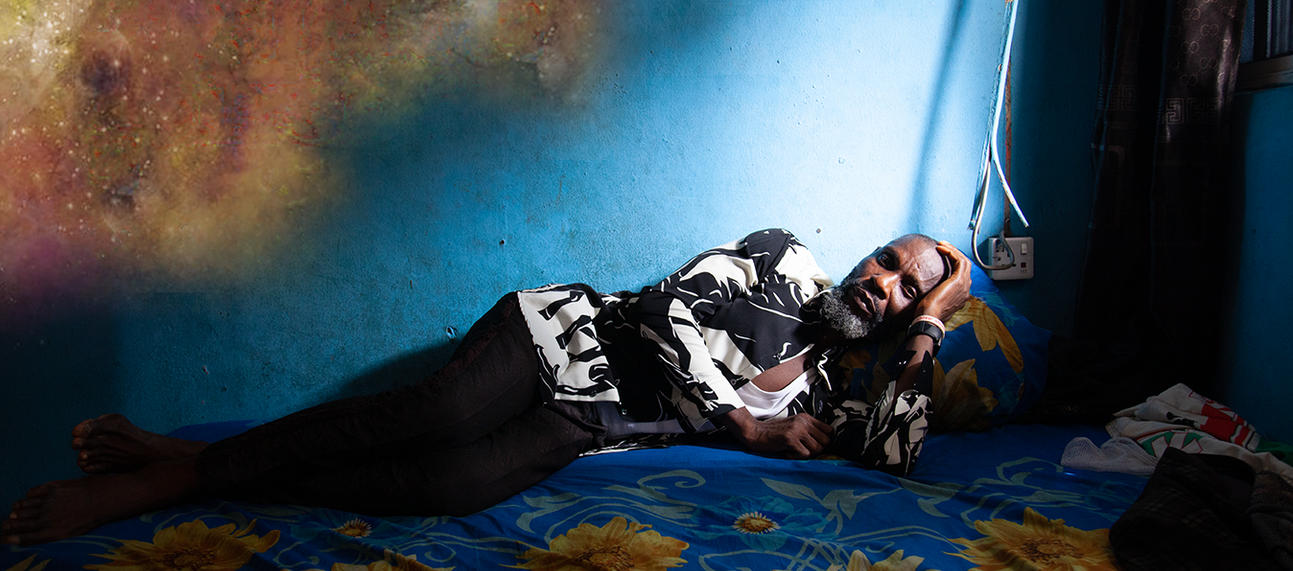BREATHE! Unmasking Memories
Participatory film project by InsightShare
"Unmasking Memories" is a short film celebrating African heritage, giving particular focus to masquerade traditions and the influence they had on European art. It features spoken word performance and an interview with Natty Mark Samuels, founder of the African School, who discusses the importance of song, chant and creativity in teaching African studies, which is reflected in poetry and drama written by participants in the BREATHE! project.
The film can be viewed, alongside others, on InsightShare's YouTube account.
Below is a transcript of the film with stills.
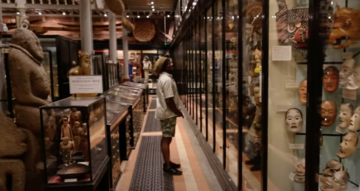
Like the sun from the sky.
The history of my ancestors has been stolen.
A mask that dropped in the museum made my heart broken more than a hundred years.
Never spoke a word, but the eyes were speaking, saying they took every precious things from us.
But our freedom can't be taken.
It's not only about the space.
I hate being in this cage.
Tell my people that I don't want to be here.
I'm dying in this place.
Tell the world that they're missing the main point.
Tell them my people are still suffering and this is the case.
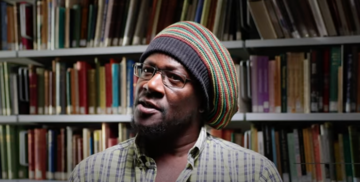
My name is Natty Mark Samuels, and I'm an educator.
In 2009, I set up the African School because when we look at Oxford, there's a real dearth of provision concerning African Studies.So the university, Oxford University only offers it at a master's level. Brookes doesn't offer it. Abingdon & Witney doesn't offer it. The city college doesn't offer it. So it became my kind of self-imposed remit to make sure that there's African Studies for the general community. My mission is just to share as much as African Studies as possible. There's a real kind of... as far as Africa is concerned, I think many people are still very ignorant of the continent, and the press gives us this kind of constant onslaught of dictatorship and bloodshed and such forth. So kind of my teaching focuses on the pre colonial times because then we get to celebrate all the great kings, queens, philosophers, writers, teachers and such for so then I'll be able to kind of give more balanced accounting of the continent's history.
To gain a deeper understanding of the masking traditions, as well as visiting museums, try and access books that are going to give you a deeper meaning of the significance of these masks. I mean, we've got so much access now. Thesis have been written, essays, books, magazine articles. There is enough out there. People wanting to dig in. They just have to have that desire. Well, I mean, a lot of these traditions were kind of trampled on by the coming of Christianity and the West. And the only way they're going to be revitalised, really, if they went back to the source, I think this kind of ancestral veneration where there was respect for their elders, I think they need to go back to that kind of basic kind of structure for them to be able to kind of appreciate what these masks were. And are there's still places where these masks are still being used, still being worshipped, utilised in sacred ceremonies. But I think for the youth in in general to to have a greater appreciation of this, I think there'd have to be a reintroduction of what was there before. A lot of things that were dismantled and trampled on by the West, a lot of that would have to be kind of resurrected.
[Drums beat in the background]
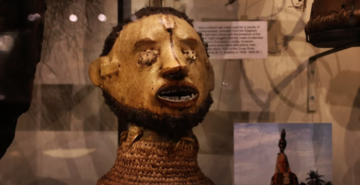
These Europeans seem to have progressed a lot, don't you think?
Aywa, the Mali Empire was the richest in Africa. I am sure my origin is doing great right now, but my spirit yearns to be with my people.
Yes, our people. One day we will truly be free.
They were there as items of a utility. So whether they were there to appease the ancestors as a homage to womanhood, pathways to initiation from a youth to a man, thanksgiving... so they were the main reasons that these masks were made and danced.
It's good for me, someone who was born here of African descent, to go back and be able to reclaim something that was lost to me because of the Atlantic journey. So for me, the first thing is joy. And then second, just this kind of, yeah, this is mine, and I can claim it. When I go to Africa, for me, it's like an injection. I come back just buoyed up and revitalized because I've touched the place of my ancestry. And when I'm there, I don't sleep much. I'm out and about, talking to people, observing. As I say, when I come back, I'm just rejuvenated, and I'm just ready to share everything that I've learned.
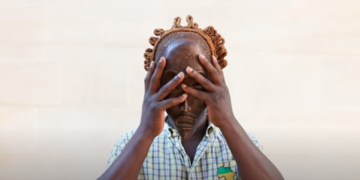
Shea tree.
I beg you, come shower me
with the blessings that you give.
Presentations of butter and oil.
Yeah, artifact, ethnographic items, yeah, I think that is probably a just explanation for what they were made for. Originally, when they came to Europe, obviously they took on another significance. But originally they were there as artifacts, there to perform a certain function. I think the experimentation and the sense of adventure that people like Picasso and Modigliani, Brancusi, these kind of people, their viewing of African art inspired them 100%. Picasso even went through this period because we know about his Blue Period and his Rose Period. What we don't know about is his African period. And over that two year period, he produced, I think, some great art. One of them is the head of a sleeping woman and someone of African descent. I'm so happy that they were so inspired by that. And from that we came. Things like cubism and such forth. When Attenborough looked at the Ife heads, when he first saw them, he said that they could compare to anything that ancient Greece or Rome had produced.
So would you classify those objects as art?
I would, yeah. You can just look at them and see that they're great pieces of sculpture. Without a doubt.
I place my creative writing as paramount in my teaching because I'm trying to reach a wider range as possible. Sometimes I find that people will gain more from a poem or a chant than they would from an article or even an excerpt from an essay. I just want to make African Studies as accessible as possible, make sure that as wider range of people can engage and go away. After being at one of my workshops to say, yeah, I learned something, but I also enjoyed it. And then as far as Africa and the Caribbean is concerned, if we look at the evening so before Western education came in the evening classroom well, I'll call it classroom. But the evening storytelling was where the first kind of education was passed on, whether via the grandmother or one of the elders or from a visit in Gurio. So the evening storytelling was paramount, but the main aspect of audience participation was through songs. So I'm always using songs and chant and poetry in my delivery.
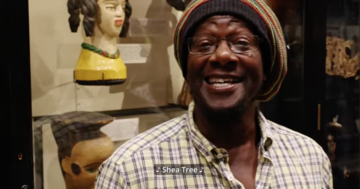
[Natty Samuels and Jay Johns sing a verse from the Shea Chant written by Natty Mark Samuels.
The chant celebrates the shea nut at the first food eaten by the Bamana people and part of their Creation Story]
Shea tree. I beg you come shower me with the blessings
that you give pray temptations of butter and oil who's there?
This video was made in August 2022 as part of the BREATHE! project.
BREATHE! explores histories of colonisation through exploring African objects in European museums and connects these pasts to present-day experiences, identities, and the on-going colonisation of Africa.
Project partners:
InsightShare (lead), Kulturhaus Brotfabrik, Pitt Rivers Museum
BREATHE! was funded by Erasmus+ and the Arts Council England.
